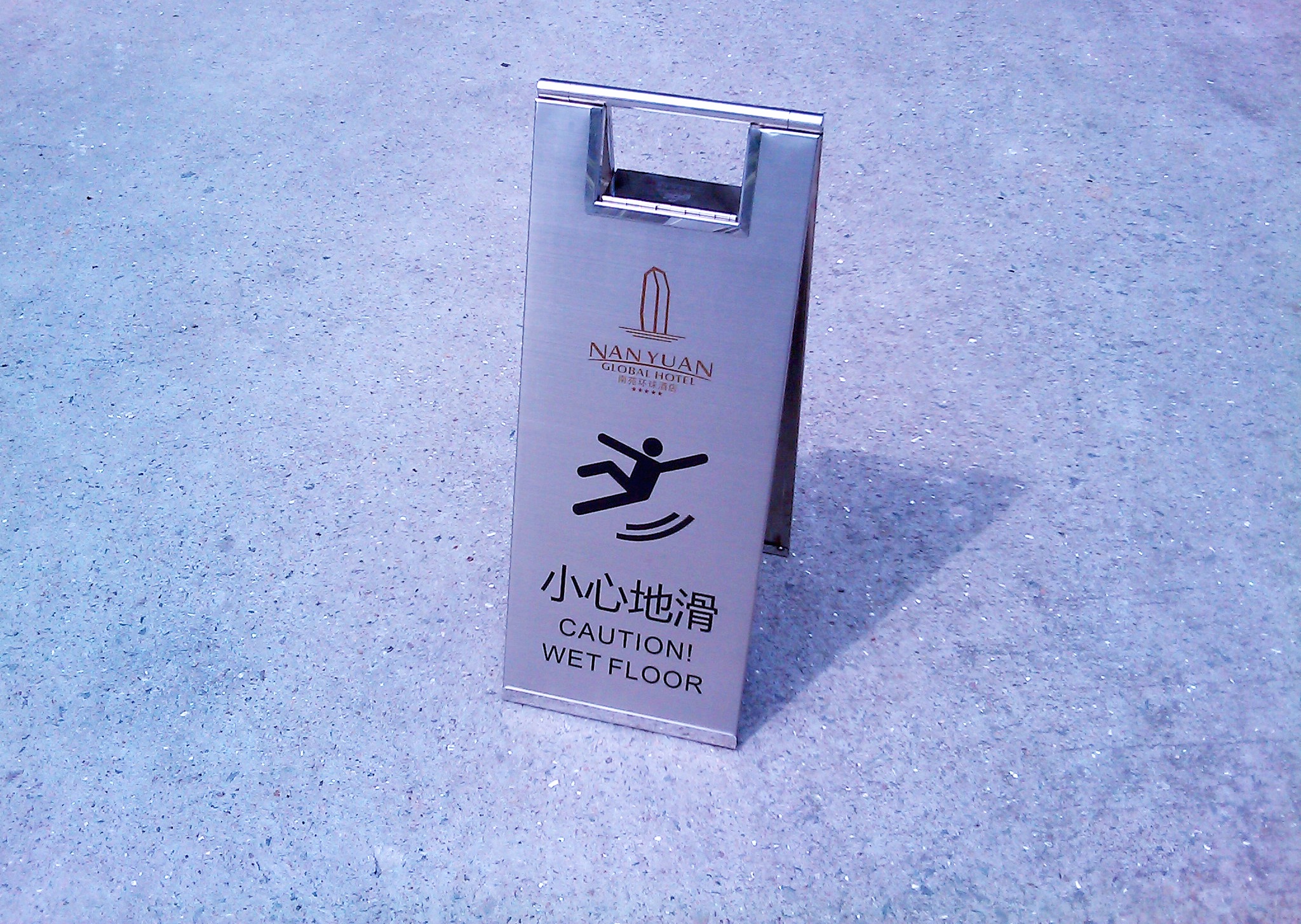 Personal injury cases are notorious for their intricate nature, often posing challenges in determining fault and establishing liability. Complications escalate further when discrepancies arise regarding the facts surrounding the incident. When blame is uncertain, and parties refuse to accept responsibility, the legal landscape becomes increasingly convoluted.
Personal injury cases are notorious for their intricate nature, often posing challenges in determining fault and establishing liability. Complications escalate further when discrepancies arise regarding the facts surrounding the incident. When blame is uncertain, and parties refuse to accept responsibility, the legal landscape becomes increasingly convoluted.
A recent Louisiana Court of Appeals case offered a detailed examination of an issue of material fact in determining fault in a personal injury lawsuit. By exploring the court’s decision and the supporting evidence, we gain insight into the complexities inherent in such cases and their implications on a motion for summary judgment.
James Palmisano fell at work due to the water in the hallway. Palmisano alleged that the water leaked from the men’s and women’s toilets. He filed a lawsuit for his injuries, claiming two plumbing companies, Prejean and Colville Plumbing & Irrigation, Inc., were called to fix the problem but didn’t.
Prejean moved for summary judgment claiming Palmisano could not produce any factual support for his claims. According to Prejean, they owed no duty to Mr. Palmisano because they never worked on the allegedly leaky septic tank. The trial court denied the motion, and they appealed.
A summary judgment is designed to ensure a quick and efficient adjudication of a case. Summary judgment will be granted if there is no genuine issue to the material fact. Here, Prejean only needed to point out the lack of factual support for one of the essential elements of Palmisano’s case. If Prejean could do that, the burden would shift to Palmisano to prove factual support for all of the elements of his case. A fact is material if it potentially insures or precludes recovery, affects a litigant’s ultimate success, or determines the outcome of the legal dispute. A genuine issue of material fact occurs if a reasonable person could disagree or there could only be one possible conclusion.
Under Louisiana Civil Code articles 2315 and 2316, the Palmisano sought damages for injuries he received due to the plumbers’ negligence. Palmisano needed to prove Prejean had to conform to a certain standard of care, they failed to conform to that standard of care, their conduct was a cause-in-fact of the plaintiff’s injury, and there was the legal cause of Palmisano’s injury, as well as actual damages. A repairman owes a duty to third persons if he undertakes a repair and tells the third person that the repair has been made (Pinsonneault v. Merchs. & Farmers Bank & Trust Co.).
Walter Badeaux, Prejean’s plumber, testified that he did not have the equipment to unstop the main sewage line or pump the septic tank, which appeared to be the problem. He also testified he saw no water on the floor when he walked down the hall. In his affidavit, he claimed he never saw the overflowing toilets because all of his work was done on the septic tank in the back.
Palmisano testified that the puddle was clear and covered the width of the hall. He was told a plumber from Colville was working on the septic tank, and another employee told him there was water in the men’s restroom.
Ms. Brasseaux, the former administrator at Weatherford, testified that she called two plumbers on the day of the accident. She claimed the Prejean plumber showed up and, after ten minutes, told her there was nothing he could do. Prejean’s dispatch ticket indicated that the tank had been pumped, but Weatherford paid Colville $300 for it to unstop the septic tank and clean out the plug. The trial court stated there is evidence that there was a plumber working at Weatherford on the day of the accident, but there are factual issues that would preclude summary judgment.
The appeals court decided there were genuine issues of material fact as to whether the Prejean plumber tried to unclog the sewer line on the accident date. The plumber claimed at one point he was at Weatherford for a few minutes, and in his deposition, he claimed he was there for 30-40 minutes. According to Colville’s dispatch tickets, the plumber was busy the day of the accident and did not arrive at Weatherford until the following day. The court found no error in the trial court’s denial decision and denied the supervisory writ application of Prejean and Sons Plumbing, LLC.
Although a party may not be entirely at fault for an accident, there is not always enough evidence to remove the blame, especially when there are discrepancies. Here, the court decided there were issues of material fact as to whether Prejean was able to fix the plumbing issues Weatherford was dealing with on the day of Plamisano’s accident. Therefore, the motion for summary judgment was denied.
Additional Sources: James Palmisano, ET AL. v. Colville Plumbing & Irrigation, Inc., ET AL.
Written by Berniard Law Firm Writer: Alivia Rose
Additional Berniard Law Firm Article on Personal Injury: A Warning Cone and a Wet Floor, Who Wins in a Slip and Fall Lawsuit?
 Insurance Dispute Lawyer Blog
Insurance Dispute Lawyer Blog

